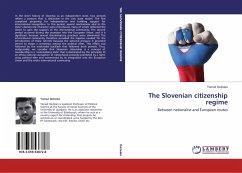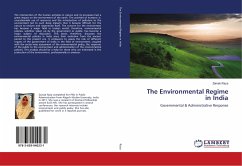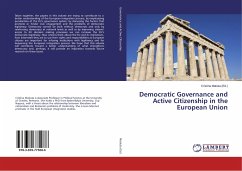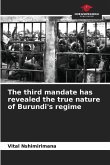In the short history of Slovenia as an independent state, two periods reflect a posture that is distinctive in the civic state model. The first comprised preparing for independence and building support for international recognition. In this period, several mechanisms vital to the state s democratic character were introduced, many of which reflected the desire to gain the support of the international community. The second period occurred during the accession into the European Union, and it is significant because several discriminatory practices were eliminated. The international community therefore provided the impetus needed for the introduction of these reforms because the external pressure it provided served to shape a consensus among the political elites. This effect was followed by the nationalist backlash that followed both periods. Thus, indisputably, we consider that Slovenian citizenship is a concept of membership in a nationalising state that is dominated by the principles of an ethno-cultural conception of nationhood primarily promoted by a right-wing political elite and constrained by its integration into the European Union and the wider international community.
Bitte wählen Sie Ihr Anliegen aus.
Rechnungen
Retourenschein anfordern
Bestellstatus
Storno








